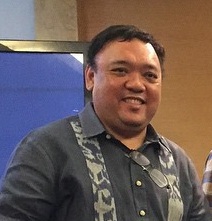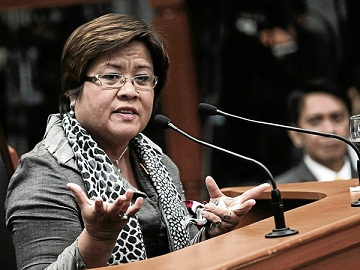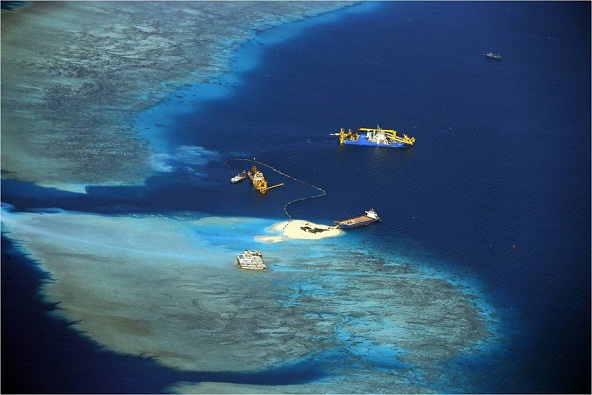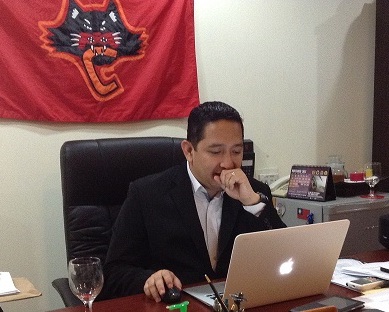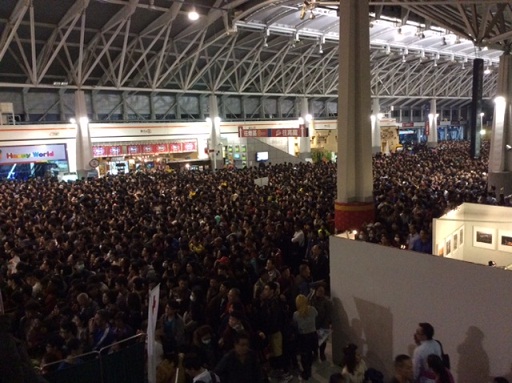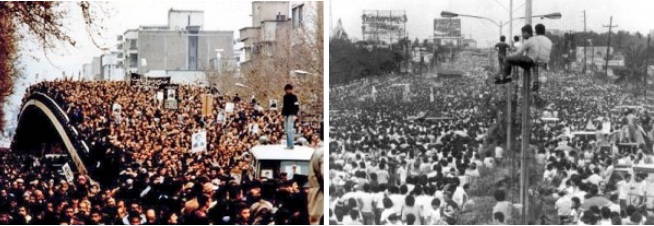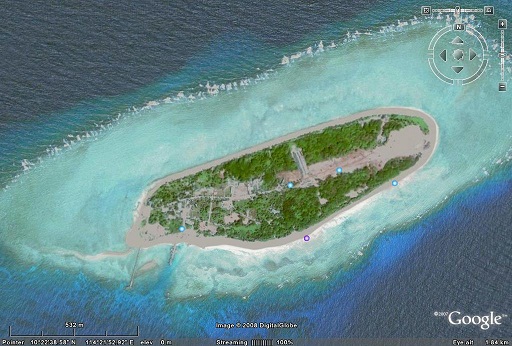The following article is a reprint from Want China Times
This part is interesting (6th paragraph): ” After a new president takes office in June 2016, the Philippines is expected to postpone the arbitration and step up bilateral or multi-lateral contacts with China.”
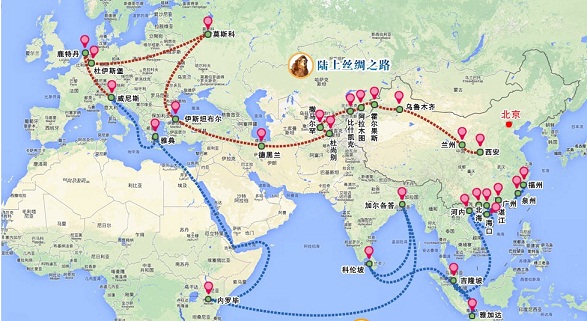
Staff Reporter 2015-04-26 09:23 (GMT+8)
The relationship between the construction of the 21st Century Maritime Silk Road and the territorial disputes in the South China Sea is drawing increasing public concern along with the implementation of Beijing’s Belt and Road initiative. Observers wonder whether the disputes will produce a turning point for settling the disputes or whether the South China Sea will become the most likely area for potential conflict between China and the US. To answer the question, one should first dig out the exact crux of the disputes and then grasp the latest developments of related parties involved, particularly changes in China’s South China Sea strategies, according to South Winds, a bi-weekly magazine published in Guangzhou.


